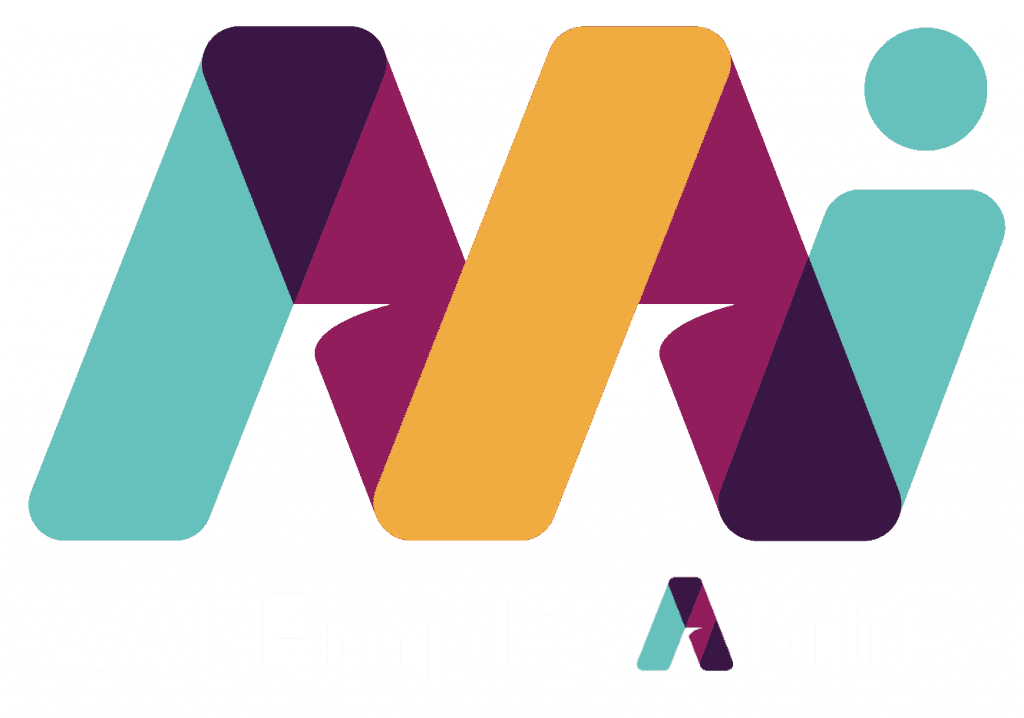Before we even start the list, this is THE most important tip we want to point out;
Embrace your career break! The term ‘Returner’ is now well-established in the world of business, and employers will know exactly what this is, and to expect a gap or two in your work experience and your CV.
Don’t worry about this. As a Returner, you are very attractive to employers due to your varied experience, maturity and the transferable skills from your previous jobs or childcare responsibilities.
Whatever the job you’re going for, and however long you’ve been away from work, it’s very important to have an updated CV, and even more important to tailor it to the job you’re applying for.
Let’s get cracking!
1. Returner Personal Statement
Your personal statement is the perfect place to talk about your ‘planned career break’ and why you’re ready to restart your professional journey. Employers want to know why you are a great addition to their company and this is about SO MUCH MORE than just the skills you possess.
Keep your CV professional but let your personality shine through in your communication style and content, demonstrating why you think you’d be the right fit for the organisation and role that you’re applying for. This could include what you’ve learned about yourself in previous work, why you want to restart your career after a break, your personal values and your goals for the future. What kind of team do YOU want to join, and what can your personality bring to a team?
Showcasing your personality doesn’t mean you should give your CV a border of stars or butterflies, or change the font to something a bit more ‘fun’, but if you do want something a bit more visually striking, Canva.com have some great CV templates. Sign up for free and see what they have here.
2. The right words in the right places
Look at the job specifications of the role you’re applying for and clearly demonstrate throughout your CV how you have those skills. More specifically, the top of your CV is where employers and recruiters will look first (sometimes the only place they’ll look!) so make sure the key words and phrases from their job advert jump out at them from the top of the page.
3. Experience
This should make up a good section of your CV. However long your break has been, there will definitely be things here that are relevant to a future employer. Being able to manage people, having customer service experience, and having a friendly attitude are all skills that are needed in any business.
If you’ve done any volunteering or work with your child’s school during your break, be sure to include it and why it may be relevant to the job.
Emphasise your achievements and contributions to any previous employment. It’s not what you did but HOW you did it that counts. Highlight the achievements that relate to the role.
Don’t waste precious space on jobs that are completely irrelevant to the post you’re applying for. Be sure to try to keep your CV to 2 pages maximum!
4. Achievements
Shout about what you’ve achieved!
Whether that’s your graduate degree or the completion of an online course, an award you’ve won for volunteering, what you’ve done to contribute to the growth of your department, or a work project you saw through to completion.
Think outside the box. If you’ve taken time out of your career to have children, you’re probably pretty good at managing your time and multi-tasking!
If it’s relevant, prospective employers want to hear about it.
5. Contact details
This seems pretty basic, but never forget to put your contact details on your CV. A phone number and email address is a must! It used to be common practice to include your home address on your CV, though it’s not essential as employers are unlikely to write to you or appear on your doorstep! Nowadays they are much more likely to pick up the phone or send you a quick email!
And just for free, here are a few of our pet-hates in CVs.
Things your CV should NEVER include:
1. Spelling mistakes
it’s just a big fat no. If you’ve got a spelling mistake in the first line of your CV and cover letter, it’s highly likely employers won’t keep reading. Check your work. Check it again. Then check it a third time.
2. ‘Track changes’
It’s great to get someone to look over your CV, in fact, we recommend you do, but don’t leave those ‘track changes’ visible! The best way to make sure your CV looks the way you want is to always submit it as a PDF.
3. Lies
Always tell the truth. If you don’t have a skill, don’t make it up, just be willing to learn it!
If you’ve followed all our other tips, you should have done enough to make a good impression on paper without bending the truth.
Now, why not check out our Current Opportunities and see if anything takes your fancy!


